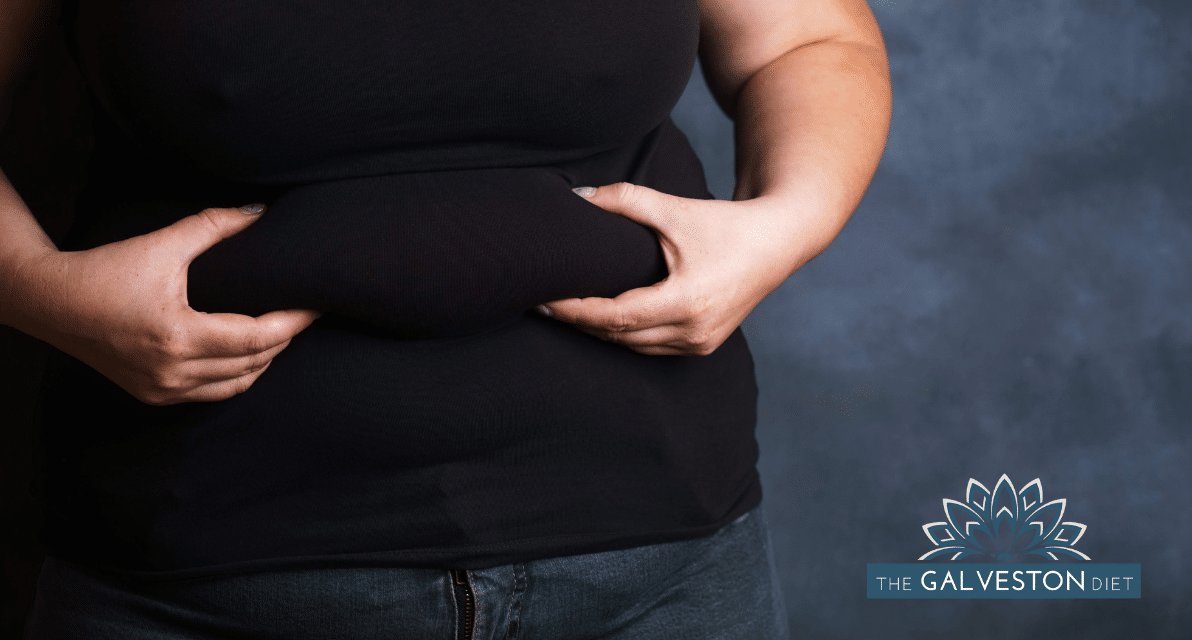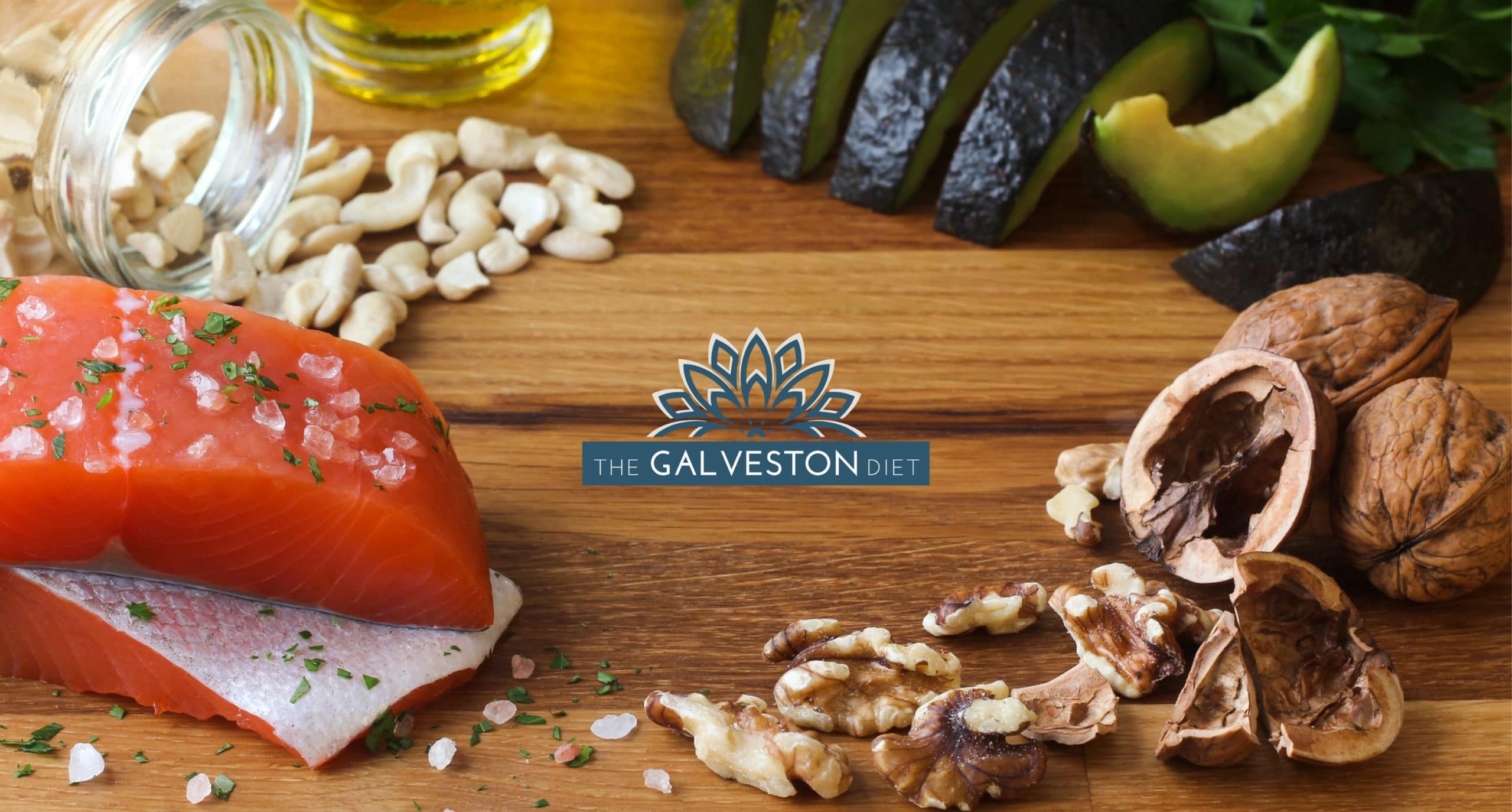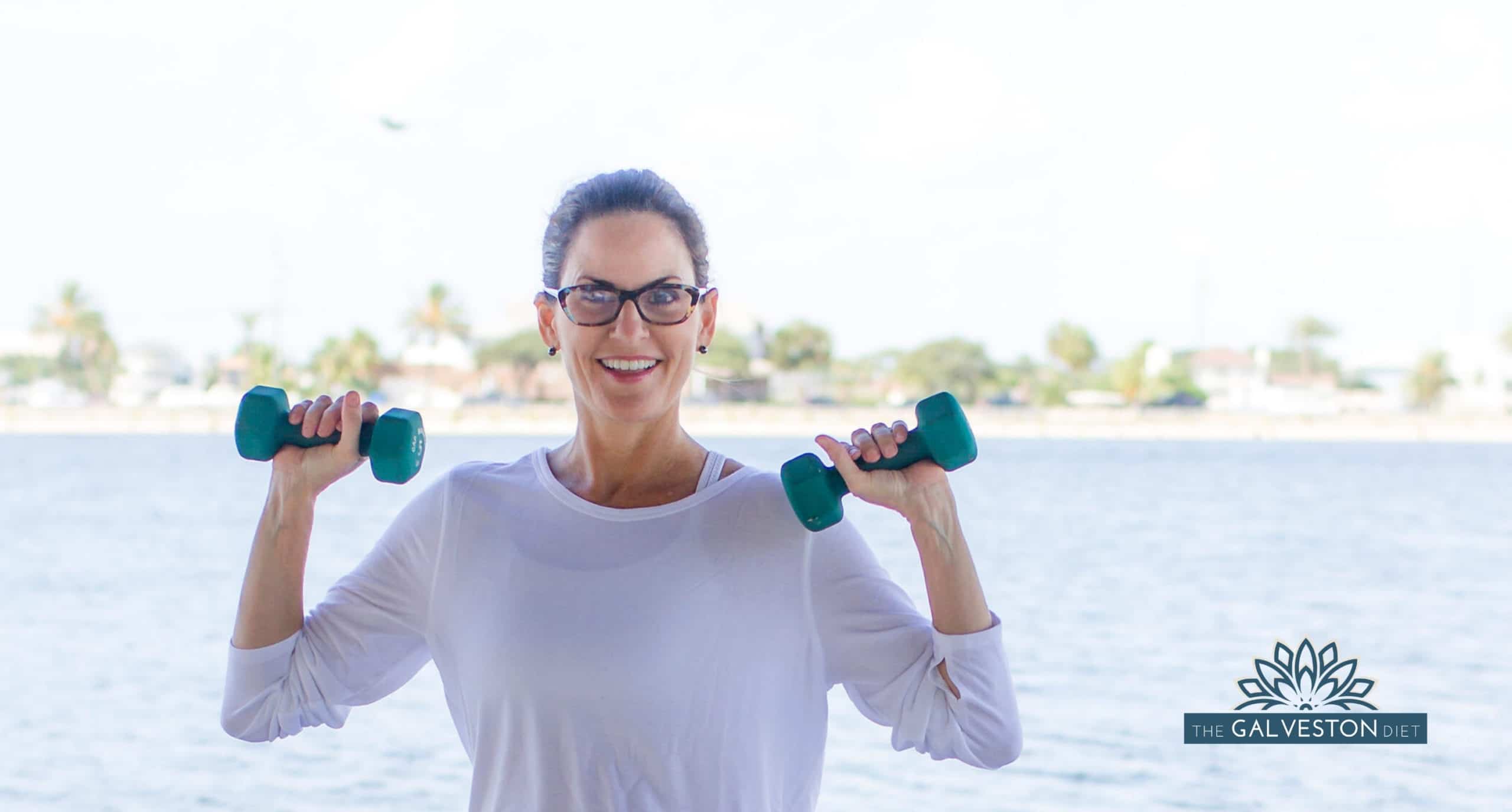Over my 20 years of practicing medicine, I have had the privilege of taking care of thousands. Young and old, these women are the cornerstone of my OBGYN career.
In retrospect, the patterns that I noticed emerging during my interactions with these amazing women, formed the basis of The Galveston Diet.
Midlife, and the middle age transition, for most, was a time of frustrating unexplainable weight gain – and again for most, a time when the habits of “eat less, move more,” simply didn’t work anymore.
When I saw these women for their yearly exams, I heard the inevitable comment, “I don’t understand what I am doing wrong. I am working out and my diet has not changed, and yet I am gaining weight.” I wasn’t sure what to tell them.
And then, it happened to me. During my grief process after the loss of my brother, I gained about 15 pounds. I did all the things I counseled my patients to do – workout more and eat less, and it wasn’t working for me either. I became upset, but determined to find the cause and fix the problem.
When I developed The Galveston Diet, my first priority was to understand WHY this weight gain was happening and WHAT tools I could teach women to conquer this phenomenon.
Why does weight gain happen?
The answer is simple, but the solution is complicated: our habits are not changing, but our bodies are. This is why the “eat less, work out more” mantra STOPS working.
Let me explain.
Loss of muscle tissue with age dramatically alters our resting metabolism and we burn less calories at rest than before. This is called sarcopenia – and to battle it, we must make sure that we are doing resistance/muscle strengthening exercises on a regular basis and getting enough quality protein in our diet.
As we age, we also don’t burn as many calories as we did with the same exercise as we were younger – the aging process makes us less efficient.
Finally, the loss of estrogen seems to play a big factor in this mysterious weight gain. In animal studies, estrogen appears to help control body weight. With lower estrogen levels, lab animals tend to eat more and be less physically active.
Reduced estrogen may also lower metabolic rate, the rate at which the body converts stored energy into working energy. Lack of estrogen may also cause the body to use starches and blood sugar less effectively, which would increase fat storage and make it harder to lose weight.
All of this is working against you – but the weight gain does NOT have to be inevitable.
Changing your exercise and eating habits, in ways that you may have never tried before has been the KEY for myself and over 12,000 students of The Galveston Diet.
The Galveston Diet uses a three phase approach to not only battle the weight gain of midlife, but improve your overall health and quality of life. The Galveston Diet is about developing NEW habits, utilizing Intermittent Fasting, Anti-Inflammatory Nutrition and Fuel Refocusing. Learn more about our program here.






